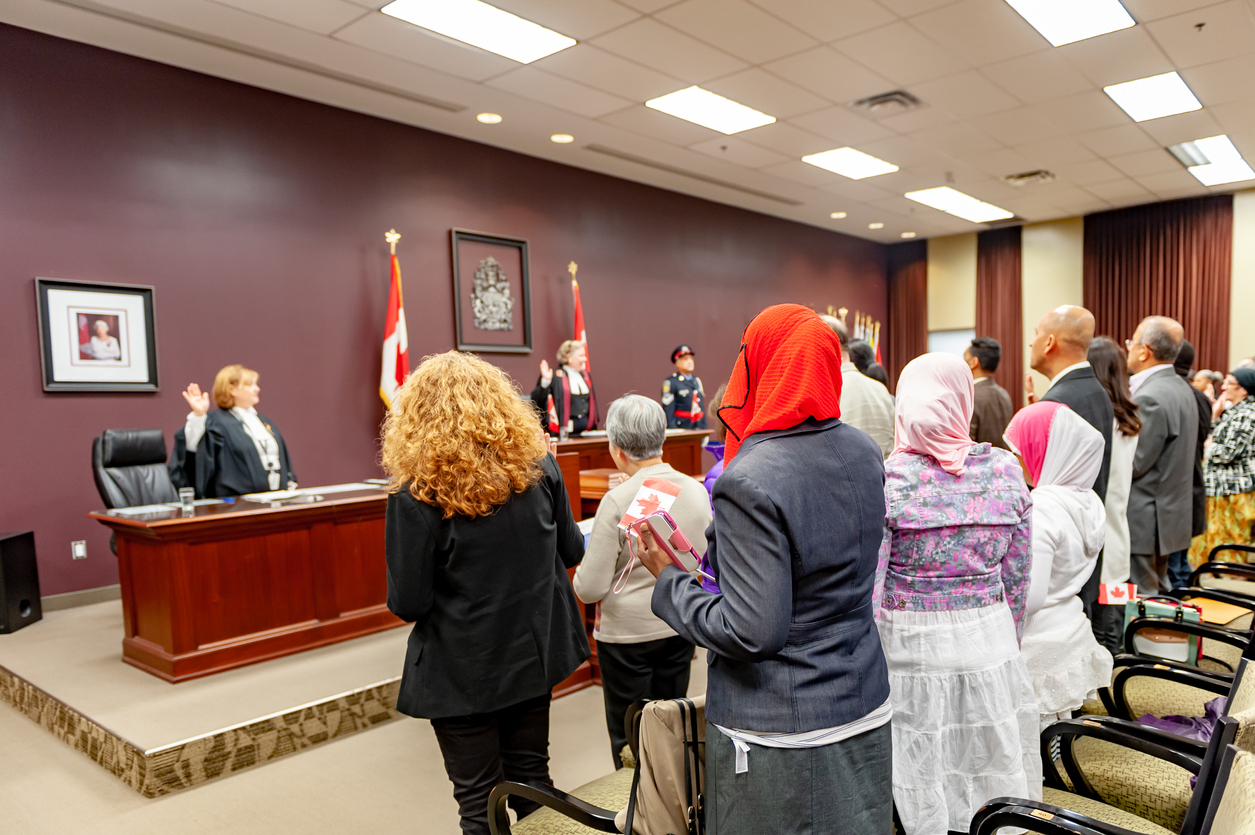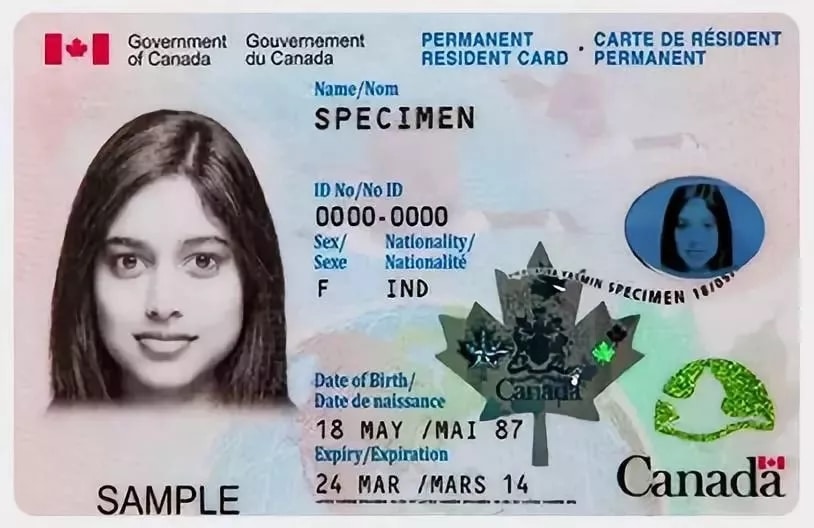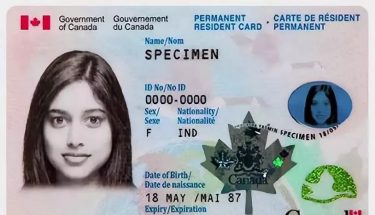
Best interest of a child
Navigating immigration processes can be complex, especially when it comes to renewing PR cards on humanitarian and compassionate grounds. In such cases, the best interests of children play a pivotal role, ensuring their well-being and stability in Canada. At the heart of every decision is the welfare of children. Whether it’s ensuring access to education, healthcare, or maintaining familial bonds, the best interests of children are paramount. Renewing PR cards on humanitarian and compassionate grounds takes into account factors such as family unity, safety, and stability.
Children have less possibility than adults to make a strong case for their own interests, so those involved in decisions affecting a child must be explicitly aware of the child’s interests. If the interests are not highlighted, they tend to be overlooked (GC No. 14, para. 37 United Nations Human Rights Treaty Bodies).
It is international law from the Convention on the Rights of the Child by United Nations that in all actions concerning children and their welfare the best interests of the child should prevail. Officers reviewing an application to renew a PR card on humanitarian and compassionate grounds must take into account the child or children who will be affected by the application, that means that if a child or children are involved and their wellbeing is at risk by refusing the application, the officer should consider renewal of the PR so the best interests of the child are preserved.
CRC Article 3(1) – In all actions concerning children, whether undertaken by public or private social welfare institutions, courts of law, administrative authorities or legislative bodies, the best interests of the child shall be a primary consideration (Convention on the Rights of the Child)
This consideration includes children living both inside and outside Canada, regardless of their citizenship or other status. The application can relate to the child by the child’s relationship to the applicant and their dependence of them or any medical issues or special needs the child may have. The child’s age is also an important factor that needs to be considered.
Here are some examples of express references to best interests of the child of federal law in Canada:
- Divorce Act, R.S.C., 1985, c. 3 (2nd), ss. 16(8), 17 – factors (in custody matters)
- Immigration and Refugee Protection Act, S.C. 2001, c. 27– 25(1), 25.1, 28(2)(c) – humanitarian and compassionate considerations; s. 60 – detention of children ; ss. 67(1)(c), 68(1), 69(2), 167(1), 167(2) – Immigration Appeal Division proceedings
- Immigration and Refugee Protection Regulations – SOR/2002-227, R. 117(2)– foreign national who is an adopted child of a sponsor
- International Transfer of Offenders Act– S.C. 2004, c. 21, s. 10(4) – consent to transfer child offender under the Youth Criminal Justice Act
- Citizenship Act– R.S.C., 1985, c. C-29, s. 5.1(1) – grant of citizenship to a person who was adopted while a minor
A decision on a humanitarian and compassionate (H&C) application must include an assessment of the best interests of any child directly affected by the decision. This means a Canadian child or a foreign born child, any child that is outside of Canada that has a relationship with the applicant, a relationship meaning a child, or any other relevant relationship.
Aspects of how the application relates to the child or children in question include:
- the child’s relationship to the applicant
- the child’s age
- the child’s degree of dependence on the applicant
- medical issues or special needs the child may have
- impact on the child’s application
The relationship between the applicant and “any child directly affected” need not necessarily be that of parent and child it could be any other relationship that is affected or would be affected by the decision. For example, a grandparent or a sibling, could be the primary caregiver who is affected by an immigration decision that would affect the child so it needs to be taken into consideration. As stated previously the applicant has to prove the basis of their H&C and prove that from the documents submitted the application relies at least in part on this factor, the child. This can be done by explaining the situation in letter or if you can’t express yourself you can do an interview.
In assessing H&C submissions, the decision makers must be “alert, alive and sensitive” to the best interests of the children (Baker v Canada (Minister of Citizenship and Immigration), [1999] 2 SCR 817) and should bear in mind that “[c]hildren will rarely, if ever, be deserving of any hardship” (Hawthorne v. Canada (Minister of Citizenship and Immigration), 2002 FCA 475, [2003] 2 F.C. 555). As children may experience greater hardship than adults faced with a comparable situation, circumstances which may not warrant humanitarian and compassionate relief when applied to an adult, may nonetheless entitle a child to relief (Kanthasamy v. Canada (Citizenship and Immigration), 2015 SCC 61).
But one important thing that you should know is that the principle does not mean the interests of the child outweigh all other factors in a case. Although this has priority the best interests of the child is one of the many important factors that needs to be addressed when making an H&C decision that directly affects a child. The best interest of the child must be considered when a child is under 18 years of age at the time the application is received but that doesn’t mean that if proved older children’s situation is not just as important as the minor ones.
What is a PR Card?
A PR Card is a permanent resident card so you can prove you are a permanent resident in Canada when you return to the country from travelling abroad, also it is for the government to know you have a valid residence status when you stay in Canada. But it is important to know that it doesn’t mean that if your PR Card expires that your PR status also expires. So if you find yourself in a situation that you don’t have your PR Card, you can require a PR Travel Document (PRTD) so you can go back to Canada because this can be done outside Canada as for the PR Card you can only get it in Canada when submitting the necessary documents.
If your PR card expires you have to get a new one in Canada and If you are not in Canada you have to first apply for a PR travel document as stated above. But if you do not meet the residency requirement you can’t apply for a PR Card or Travel document because they will revoke your status
Renewal of PR Card
If you have been outside Canada for more than 730 days in the past 5 years, and you also do not fall under one of the exemptions to the physical presence requirement, you can still renew your PR card as Canadian immigration law gives special consideration to humanitarian and compassionate situations. If you want to do this you are obligated to prove and satisfy the officer that are enough grounds for H&C.
There are many situations which could be considered when applying for humanitarian and compassionate consideration which include the inability to travel back to Canada due to travel restrictions, illnesses, legal proceedings outside Canada, financial proceedings any hardship that the loss of permanent resident status may cause to you and your family members who would be directly affected by the decision but the one we will be discussing today is and one of the most touching the Best Interests of a Child.
Our office has years of experience submitting applications with Humanitarian and Compassionate considerations with a very high rate of success. Upon approval of the application, the applicant is considered to have completely overcome any previous breach of the residency obligation and a 5-year PR card will be issued.
If your PR card has not yet expired and you may want to renew on Humanitarian and Compassionate grounds, contact us before your PR card expires if possible.
 Author:
Author:


